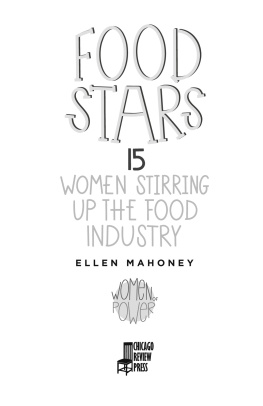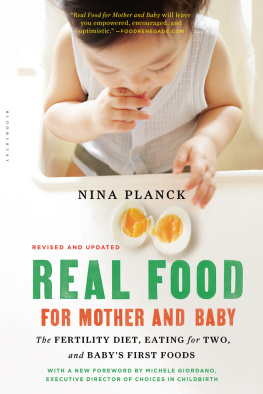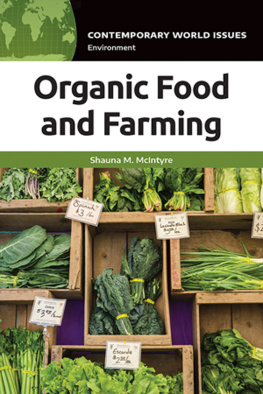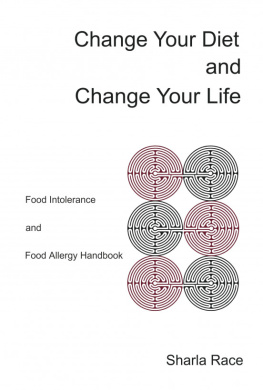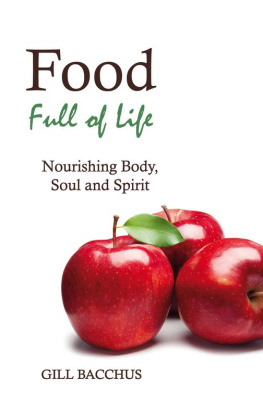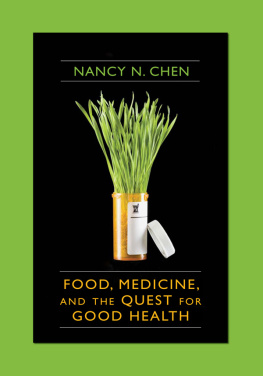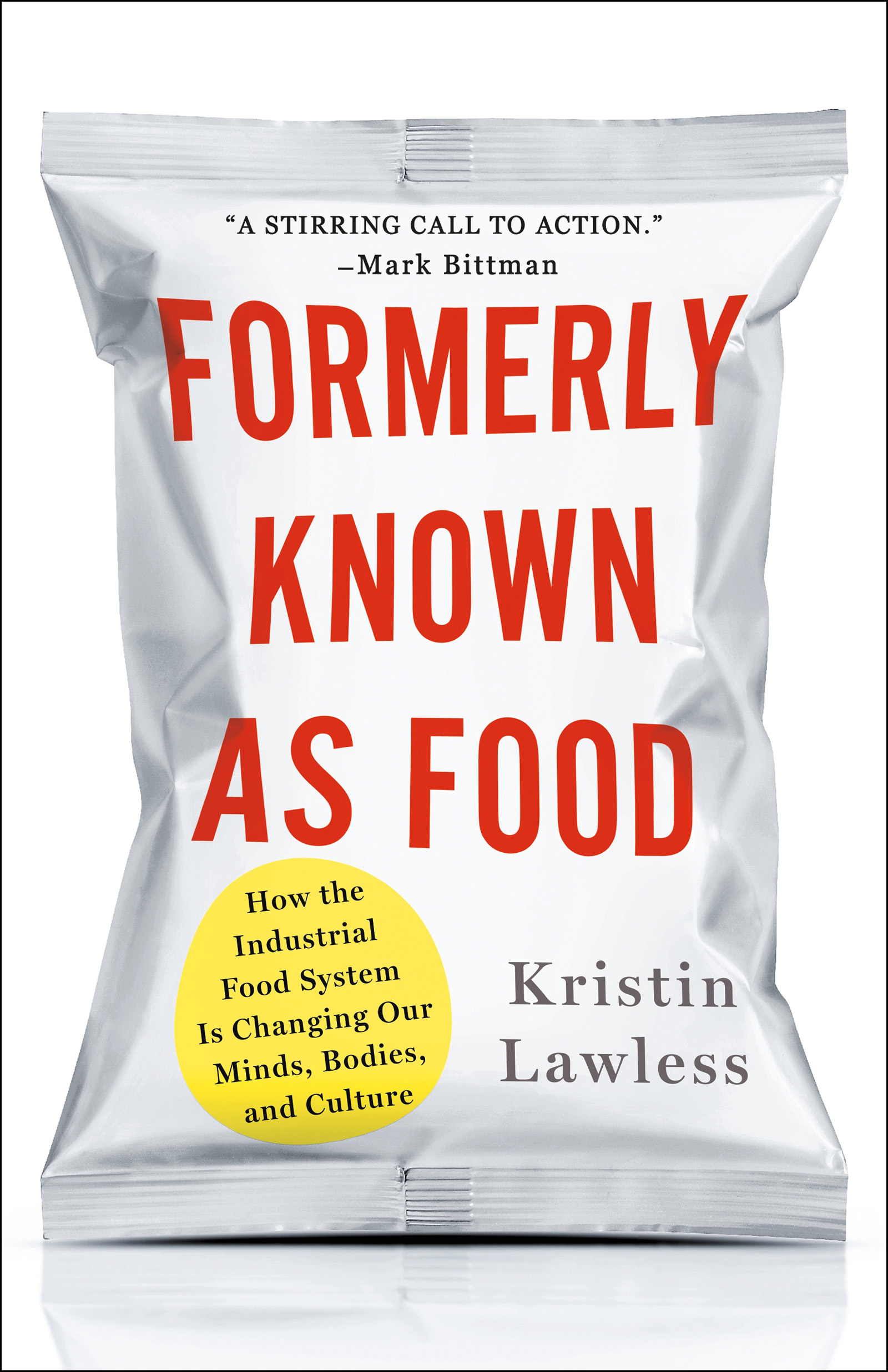Kristin Lawless - Formerly Known As Food: How the Industrial Food System Is Changing Our Minds, Bodies, and Culture
Here you can read online Kristin Lawless - Formerly Known As Food: How the Industrial Food System Is Changing Our Minds, Bodies, and Culture full text of the book (entire story) in english for free. Download pdf and epub, get meaning, cover and reviews about this ebook. year: 2018, publisher: St. Martin’s Press, genre: Children. Description of the work, (preface) as well as reviews are available. Best literature library LitArk.com created for fans of good reading and offers a wide selection of genres:
Romance novel
Science fiction
Adventure
Detective
Science
History
Home and family
Prose
Art
Politics
Computer
Non-fiction
Religion
Business
Children
Humor
Choose a favorite category and find really read worthwhile books. Enjoy immersion in the world of imagination, feel the emotions of the characters or learn something new for yourself, make an fascinating discovery.

- Book:Formerly Known As Food: How the Industrial Food System Is Changing Our Minds, Bodies, and Culture
- Author:
- Publisher:St. Martin’s Press
- Genre:
- Year:2018
- Rating:5 / 5
- Favourites:Add to favourites
- Your mark:
Formerly Known As Food: How the Industrial Food System Is Changing Our Minds, Bodies, and Culture: summary, description and annotation
We offer to read an annotation, description, summary or preface (depends on what the author of the book "Formerly Known As Food: How the Industrial Food System Is Changing Our Minds, Bodies, and Culture" wrote himself). If you haven't found the necessary information about the book — write in the comments, we will try to find it.
One of Bustles 17 Best Nonfiction Books Coming Out In June 2018 One of The Revelators 16 New Environmental Books for June One of Equinoxs 5 Books High Performers Should Read in June
From the voice of a new generation of food activists, a passionate and deeply-researched call for a new food movement.
If you think buying organic from Whole Foods is protecting you, youre wrong. Our foodeven what were told is good for ushas changed for the worse in the past 100 years, its nutritional content deteriorating due to industrial farming and its composition altered due to the addition of thousands of chemicals from pesticides to packaging. We simply no longer know what were eating.
In Formerly Known as Food, Kristin Lawless argues that, because of the degradation of our diet, our bodies are literally changing from the inside out. The billion-dollar food industry is reshaping our food preferences, altering our brains, changing the composition of our microbiota, and even affecting the expression of our genes. Lawless chronicles how this is happening and what it means for our bodies, health, and survival.
An independent journalist and nutrition expert, Lawless is emerging as the voice of a new generation of food thinkers. After years of eat this, not that advice from doctors, journalists, and food faddists, she offers something completely different. Lawless presents a comprehensive explanation of the problemgoing beyond nutrition to issues of food choice, class, race, and genderand provides a sound and simple philosophy of eating, which she calls the Whole Egg Theory.
Destined to set the debate over food politics for the next decade, Formerly Known as Food speaks to a new generation looking for a different conversation about the food on our plates.
Naomi Klein, author ofNo Is Not EnoughandThis Changes Everything: In this revelatory survey of the dangers of the industrial food system, Lawless offers crucial tools for navigating it safely. The best ones have nothing to do with shopping advice: she asks us to think holistically about food, why it cant be separated from other struggles for justice, and what it means to demand transformative change.
Mark Bittman, author of How to Cook Everything: A stirring call to action. Lawless has done a thorough job of describing how so much of what we eat doesnt qualify as food
Laurie David, Academy Award winning producer of An Inconvenient Truth and Fed Up: You better read this book before you put another bite of food in your or your kids mouths!
Mary Esther Malloy, MA,Mindful Birth NY: Groundbreaking... will get you thinking differently about how you nourish yourself and your family.
Kristin Lawless: author's other books
Who wrote Formerly Known As Food: How the Industrial Food System Is Changing Our Minds, Bodies, and Culture? Find out the surname, the name of the author of the book and a list of all author's works by series.

